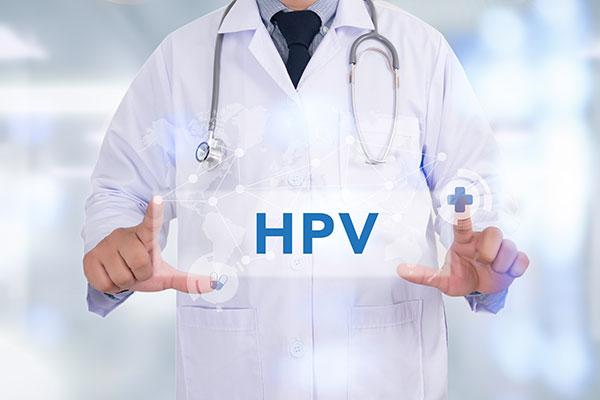What is HPV?
Genital human papillomavirus (HPV) is the most common sexually transmitted virus in the United States. More than half of sexually active men and women are infected with HPV at some time in their lives.
About 20 million Americans are currently infected, and about 6 million more get infected each year. HPV is usually spread through sexual contact.
Most HPV infections don’t cause any symptoms, and go away on their own. But HPV can cause cervical cancer in women. Cervical cancer is the 2nd leading cause of cancer deaths among women around the world. In the United States, about 12,000 women get cervical cancer every year and about 4,000 are expected to die from it.
HPV is also associated with several less common cancers, such as vaginal and vulvar cancers in women, and anal and oropharyngeal (back of the throat, including base of tongue and tonsils) cancers in both men and women. HPV can also cause genital warts and warts in the throat.
There is no cure for HPV infection, but some of the problems it causes can be treated.
HPV Vaccine: Who Should Get Vaccinated and When?
All children at 11 or 12 years old should get the three dose series of HPV vaccine. Teen boys and girls who did not get the vaccine when they were younger should get it now. Young women can get HPV vaccine through age 26, and young men can get vaccinated through age 21. The vaccine is also recommended for gay and bisexual young men (or any young man who has sex with men) and also for young men with compromised immune systems (including HIV) through age 26, if they did not get HPV vaccine when they were younger.
This vaccine can prevent most cases of cervical cancer in females, if it is given before exposure to the virus. In addition, it can prevent vaginal and vulvar cancer in females, and genital warts and anal cancer in both males and females.
Protection from HPV vaccine is expected to be long-lasting. But vaccination is not a substitute for cervical cancer screening. Women should still get regular Pap tests.
For HPV vaccines to be effective, they should be given prior to exposure to HPV. There is no reason to wait until a teen is having sex to offer HPV vaccination to them. Preteens should receive all three doses of the HPV vaccine series long before they begin any type of sexual activity and are exposed to HPV. HPV vaccine produces a higher immune response in preteens than it does in older teens and young women.
How can I learn more?


